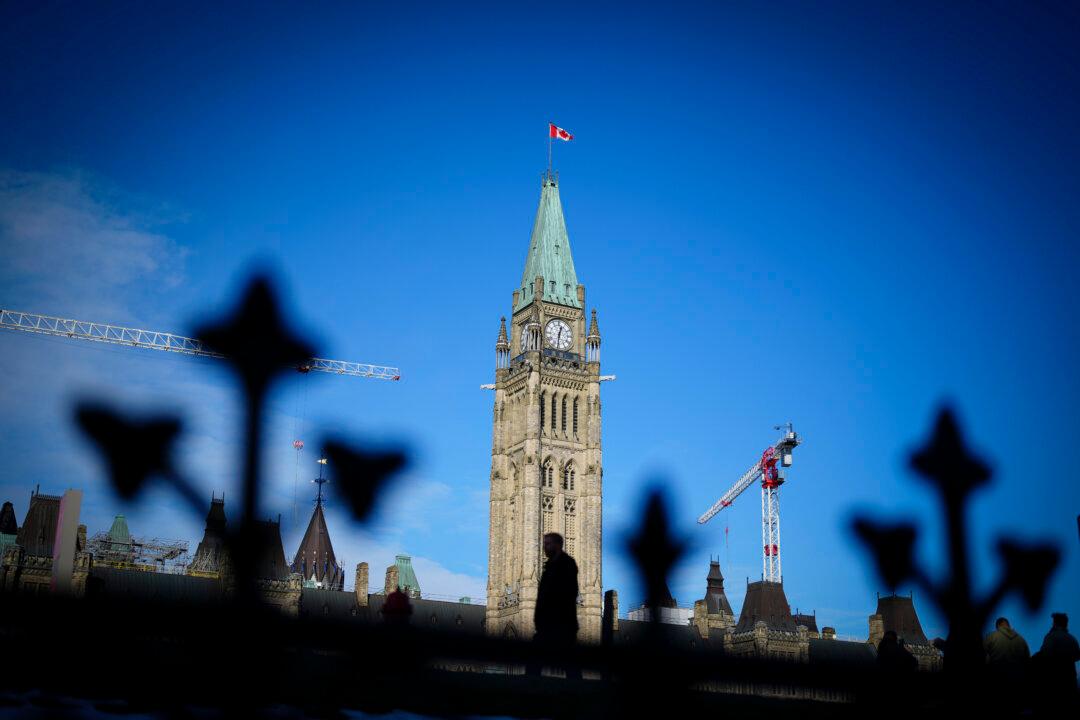Commentary
Private members’ bills in the House of Commons are usually tools for opposition parties to bring attention to issues. The bills rarely make it beyond first reading and are seldom passed into law. They are often poorly crafted and unrealistic, as they were created in an act of virtue signalling rather than with an expectation of passing. However, now that the NDP agreement with the minority Liberal government has been terminated, private members’ bills carry significant weight as the government desperately cuts deals to remain in power.





